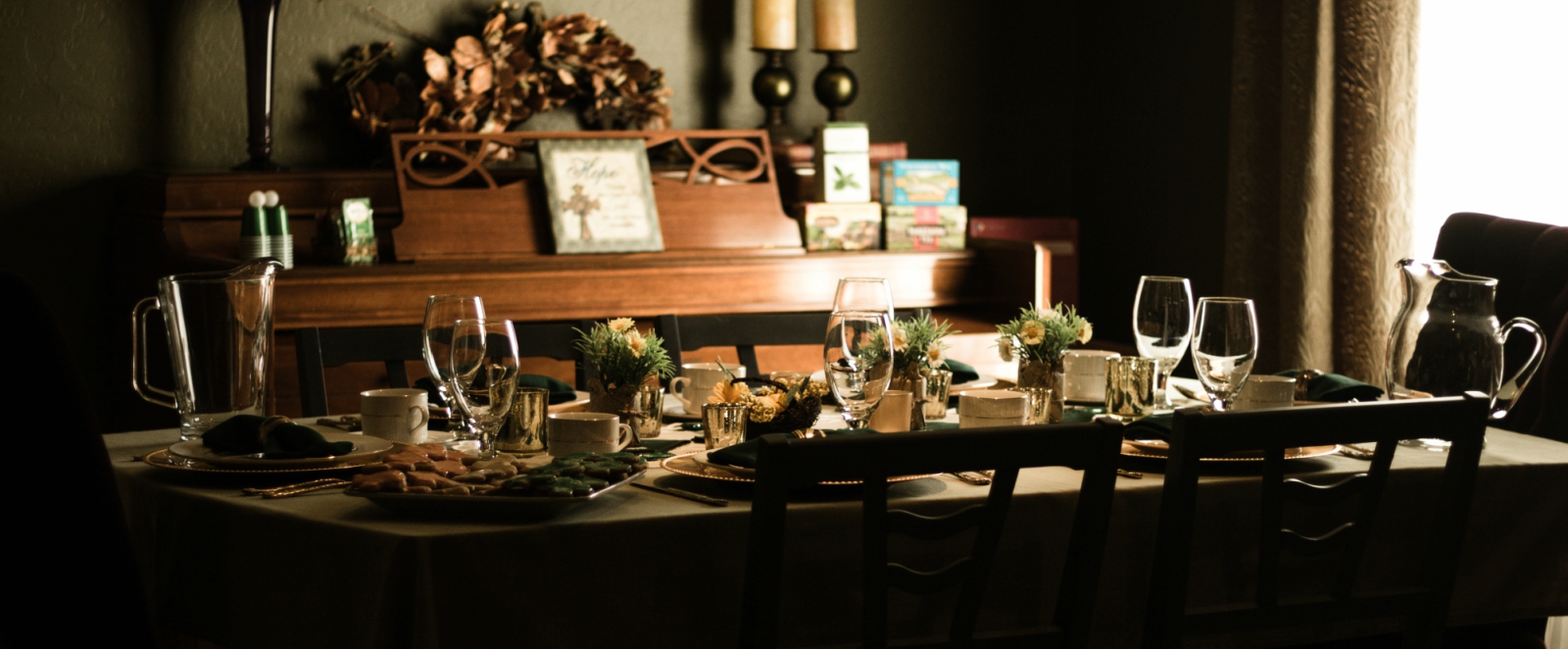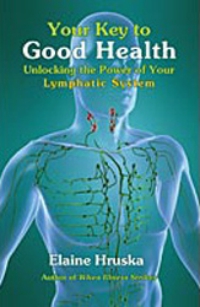I love celebrations. Gathering together in remembrance and gratitude anchors us in shared ideals and joy—except when it doesn’t! Various surveys report that money is the primary source of holiday stress, but other top stressors include health concerns, time and scheduling issues, and family drama. Dr. Marie Hartwell-Walker, a clinical psychologist and author, humorously describes the recipe for holiday disaster:
Don’t get enough sleep. Eat nothing but sugar. Don’t move except from car to store to car to door. Decorate every inch of the house. Dig up memories of past holidays where you were neglected, mistreated, or ignored by someone or maybe by several someones. Focus on what you don’t have and can’t do. Try to get to too many places in too short a time. Overspend. The PTA needs cookies? You agree to bake 6 dozen. The church needs folks to staff the holiday fair? You take two shifts as a favor to your friend the committee chair. The Cub Scouts need a place to have a party? You volunteer your house.*
Just reading Dr. Hartwell-Walker’s description raises my blood pressure! Listening to our bodies and noticing manifestations of stress, such as muscle tightness, headaches, difficulty breathing, fatigue, anxiety, constipation, diarrhea, and trouble sleeping can alert us to the need to simplify our holidays. When Dr. Charles Thomas Cayce was working with adolescents early in his career as a child psychologist, he used the Cayce readings to develop a protocol that successfully helped one group eliminate their psychiatric medications. The Cayce protocol included recommendations that we can all use to de-stress: spend time outside each day, exercise, eat a healthy diet, get massages, use castor oil packs, hang out with a friend, practice prayer/meditation, and use a Radiac® appliance. Though it’s difficult to stick with a healthy routine during the holidays, keeping these recommendations as goals will help us navigate stress and enjoy the season more.
Enjoying rituals with friends and family is at the heart of celebrations. The holidays are an opportunity to focus on our ideals and what we hold most important instead of what the media and marketers emphasize. This time of year can be a time to renew and recommit ourselves to health in body, mind, and spirit. One of my favorite Cayce readings addresses the interplay between health and our relationships with self and with others.
The body renews itself according to the mental attitude it holds towards ideals, and in the light of the application of relationships to others. And this applies as well in the relationships of self.
-- Edgar Cayce reading 2081-2
Staying healthy physically and mentally is especially challenging during the holidays; time commitments multiply and memories intensify. Though I eagerly anticipate the season each year, there have been holidays that taught me important lessons about balancing expectations with my mental and physical health. Five years ago, I hosted my siblings, spouses, our children, friends, and my father for the first Thanksgiving after my mother’s death. I had taken time off from work, prepared the house, and baked for several days. A hit-or-miss cook, I had asked a generous neighbor to fry a turkey for us. The cooked bird was gorgeous. Thirteen of us sat around the beautiful table, and my father said a heartfelt prayer of thanks. I carved into the turkey—raw pink flesh and bright red blood! I grabbed the turkey platter and ran to the kitchen. Alone, I surprised myself by bursting into tears. In the other room, however, the adults poured more wine and the kids began a board game. A dear friend followed me into the kitchen and gently moved me aside. She sliced the raw turkey, microwaved the pieces, and put it all on a clean platter within minutes. Though my festive guests barely noticed the delay, it took me most of the meal to regain my equanimity.
Later that Thanksgiving evening when the dishes were done, the same friend reminded me of a birthday party I had forgotten. Our beloved elderly friend had planned to serve her special North Carolina grilled chicken, and had engaged her adult son to cook the meat and apply his mother’s secret method. Fifty hungry people of all ages were gathered ready to eat. The host carried the carefully marinated chicken from the refrigerator to the secluded grilling area, where half the chicken in the flimsy tray slopped out onto the concrete. She hastily scooped it up, rinsed it, and returned to the tray. Despite the careful attention of her son, the charcoal flames flared up and charred every piece of chicken he had put on the grill. At that point, the host threw up her hands and laughed—and sent my friend and me on a stealth mission to the closest fast-food restaurant to buy every piece of fried chicken they had. We returned quickly with several large buckets which the host spread onto decorative platters, sprinkled with reserved marinade, and served. The unsuspecting guests raved about the “special North Carolina chicken.” Everyone, including our beloved host, had a great time at the party.
Remembering the chicken incident brought a smile to my face. My wise friend had given me the moment of grace I needed to refocus on my ideal of relaxing and connecting with loved ones. Acknowledging that my emotions were raw from continued grief and missing Mom—not from undercooked meat—enabled me to adjust my attitude. I hugged my friend, went over and hugged my Dad, and, silently giving thanks, joined the loud competitive after-dinner Scrabble® game.
May your holidays be a time of acceptance, joy, and nourishment.
*Hartwell-Walker, M. (2016). 8 Ways to Take the Joy Out of the Holidays. Psych Central. Retrieved on July 11, 2017, from https://psychcentral.com/lib/8-waysto-take-the-joy-out-of-the-holidays/
Excerpted from Oct-Dec 2017 Venture Inward magazine.









